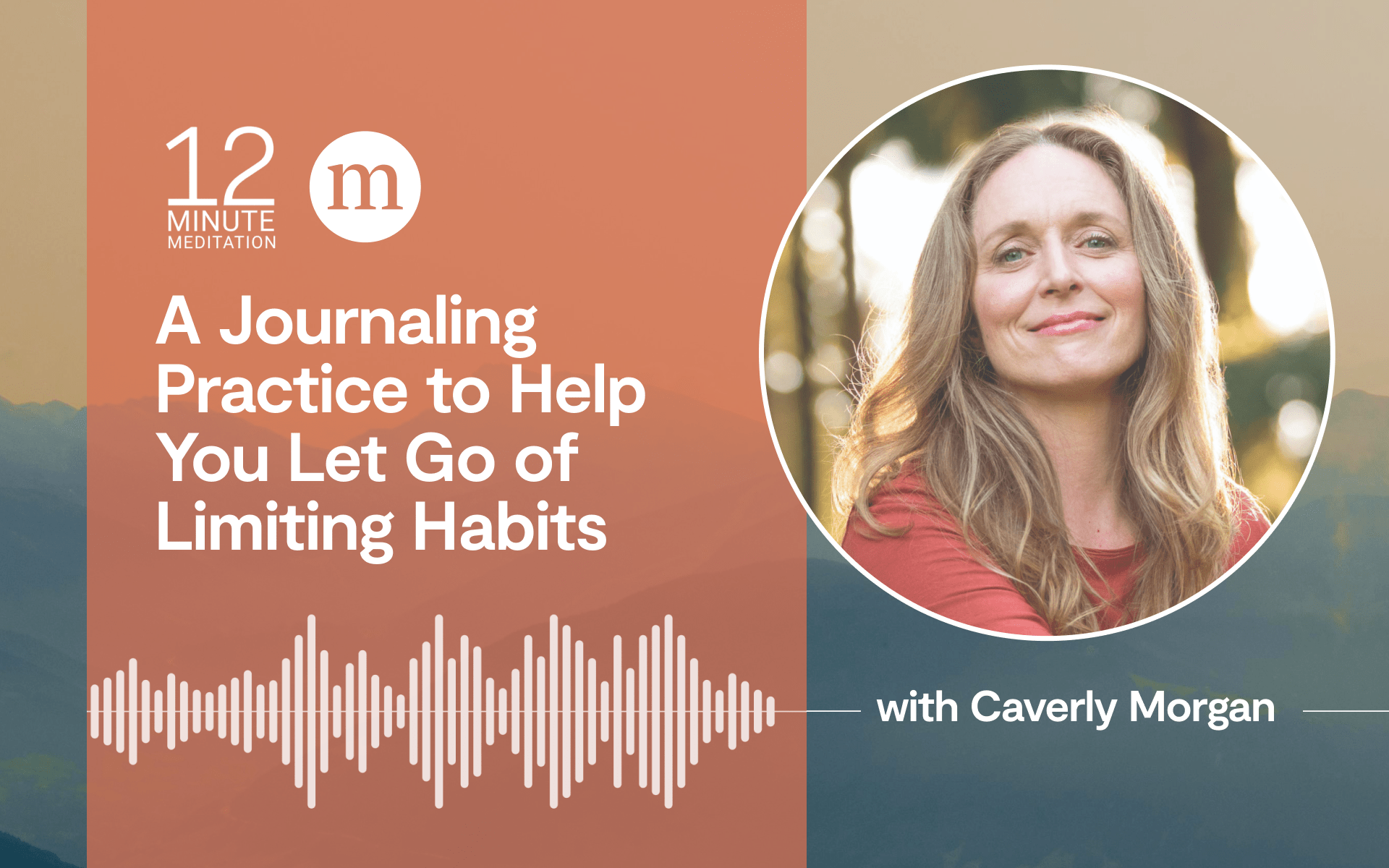I have been tracking the field of attention for about 30 years. My dissertation as a graduate student was actually on meditation, and meditation as a way of managing stress reactivity.
A lot of us who were interested in it were trying to shoehorn it in, but the faculty wasn’t interested. They thought it was a crazy topic, and that there was no point in pursuing it.
What I’ve seen now from Richard Davidson’s research, who I talked to extensively for the book, are really gold-standard studies: brain imaging of highly advanced meditators that shows something we all maybe suspected way back when. Western psychology and western culture had too limited a view of human potential in transforming the mind and in how far attentional training could go. Meditation from a cognitive science point of view is the retraining of attention.
I also look at several kinds of focus in the book. There’s “inner focus,” which is self-awareness and managing our inner world, our stressing emotions and so on. There’s empathy, focusing on other people, which is the basis for all relationship skills. Then I talk about a third kind of focus, which is systems awareness. This includes focus on, say, the global systems that support life on the planet, and the ways in which human systems of transportation and construction and industry and commerce are degrading that larger system.
I met Paul Pullman, CEO of Unilever, and he is really trying to leverage his position to make his company, which is a giant company, truly more sustainable in ways that I was really surprised and happy to learn about. One of the things he did was to set a goal that his company would source its raw materials from 500,000 smallholder farmers in the third world. That means people struggling would become part of the company’s supply chain, which ensures them sales on a regular basis. By lifting those farmers into a situation where they know they have steady income, you do the most important things for helping rural communities in the developing countries: increase education levels, health levels and income levels.
Pullman is ameliorating the social impacts of business in the best way. I found that very inspiring. People are re-imagining business and commerce to help the world rather than plunder it. Attention to not just your internal states and then your interactions with people, but to the world at large.
Another inspiring experience for me was going to the second grade classroom in Spanish Harlem in Manhattan. These are kids that live in projects that have really tough lives. Half the kids in this classroom have what are called Special Needs ADHD, learning disabilities, and so on. I expected the class to be chaotic. However it was calm and focused because every day the students do something they call breathing buddies. They get a little stuffed animal and find a place to lie down on the floor. They put their stuffed animal on their tummy and they watch their breath and count 1-2-3 on the in-breath, and 1-2-3 on the out-breath. It’s the beginning of mindfulness training. The teacher said that this is what keeps the kids calm and alert so they can learn. That was very inspiring, too.
This article was adapted from a video interview with Daniel Goleman and Mindful’s Editor-in-Chief, Barry Boyce. If you want to watch the interview, click here.
Looking for more ways to develop focus? Try this 9-minute sensory focus practice from Daniel Goleman’s new audiobook, Cultivating Focus: Techniques for Excellence.






